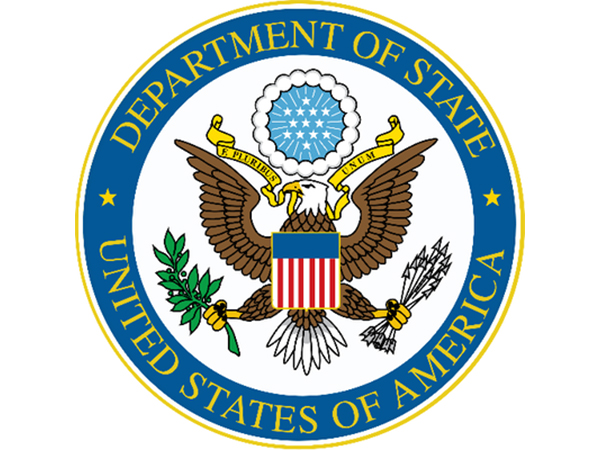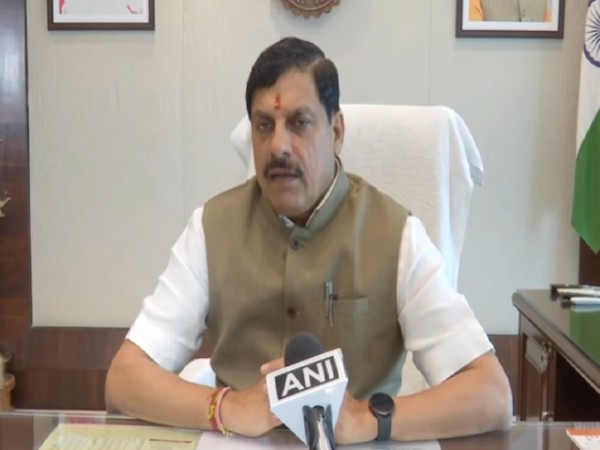Indian markets close at historic high, Sensex breaches 80,000
Jul 03, 2024

Mumbai (Maharashtra) [India], July 3 : The Indian markets gained to a historic high on Wednesday with Sensex breaching the 80,000 mark for the first time.
By the close of the trading session, both the indices achieved new 52-week highs. The Sensex closed at an all-time high of 79,986.80 points, very near to the 80,000 milestone.
Meanwhile, the Nifty 50 index also sustained its upward momentum, finishing at 24,286.50 points, marking its highest closing level to date.
"Sensex crossing the 80000 mark is a big achievement for the Indian stock market. 16 years ago it was at 8800 on the day when Lehman, the leading bank in the US markets, crashed. Nine times returns in 16 years. However, four years ago during the time of Covid, it was at 26000, which seems unrealistic but it is true," said Shrikant Chouhan, Head Equity Research, Kotak Securities.
The broader market on the National Stock Exchange mirrored this bullish trend, with all indices closing with gains on Wednesday.
Among the sectoral indices, Nifty Media was the only exception, as all other sectors supported the rally and ended the day in positive territory.
Leading the gains on the Sensex were the shares of HDFC Bank, which hit a new high of Rs 1,794. This was followed by impressive performances from Kotak Bank, Bajaj Finance, Bajaj Finserv, and M&M.
However, not all stocks rode the wave of optimism; Tech Mahindra, TCS, Sun Pharma, Infosys, and Bharti Airtel were among the top losers.
On the NSE, Britannia, ICICI Bank, and Axis Bank emerged as the top performers, contributing significantly to the day's gains. In contrast, Tata Motors and Ultratech Cement faced losses, making them the laggards on a day otherwise dominated by positive sentiment.
"The Indian Rupee may face challenges due to rising crude oil prices. Being one of the world's largest oil importers, India could see a deterioration in its Current Account Deficit (CAD) after experiencing a surplus for the first time in one and a half years. The increase in oil prices also threatens the headline inflation target, potentially prompting the Reserve Bank of India (RBI) to maintain a prolonged hawkish stance," said Riya Singh, Research Analyst, Commodities and Currency, Emkay Global.




















